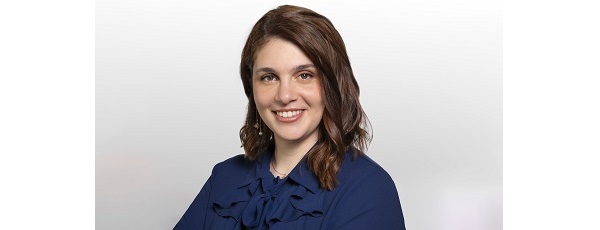Federica Fabbri, researcher at the University of Bologna and INFN, is among the winners of the 2024 edition of the “L’Oréal Italia per le Donne e la Scienza” award. Established twenty-two years ago by the French cosmetics company L’Oréal, in collaboration with the Italian National Commission for UNESCO, the program provides for the awarding of 6 prizes, each worth 20,000 euros, to as many active Italian scientists under 35 in the fields of Life and Material Sciences, in order to encourage and support the research work and professional growth of the latter, while promoting the essential role played by women within the scientific landscape. Federica was awarded the funding thanks to a project dedicated to the development of innovative techniques and methodologies to study variables inspired to the quantum information science by analyzing the data generated by the collisions of the Large Hadron Collider, CERN’s particle accelerator.
“Exploring the connection between quantum information theory and the physics of particles created in accelerators is a new, unexplored direction to search for answers to unresolved questions about the universe around us, such as the essence of dark matter,” says Federica Fabbri. “In my project I study innovative techniques for measuring observables derived from quantum information theory, such as entanglement, measured between the heaviest known particles such as the top quark and the Higgs boson, and the impact of this type of measures in finding traces of new particles”.
Federica Fabbri, 33 years old, graduated in Physics with honors from the University of Bologna in 2014, specializing in subnuclear physics. She obtained her Ph.D. at the University of Bologna in 2018 on the study of the properties of the top quark. During her master’s thesis and doctorate, Federica carried out researches at the University of Göttingen and at CERN in Geneva and, after the Ph.D. , she worked at the University of Glasgow. Subsequently, in 2023 she won a prestigious “European Marie Curie Fellowship”, with which she came back to the Department of Physics and Astronomy of the University of Bologna where she is currently a researcher. She has been a member of the ATLAS collaboration since 2013, where she has held many roles of responsibility. Today, Federica is also a researcher associated with the INFN and is the author of more than 675 scientific publications in international journals.


